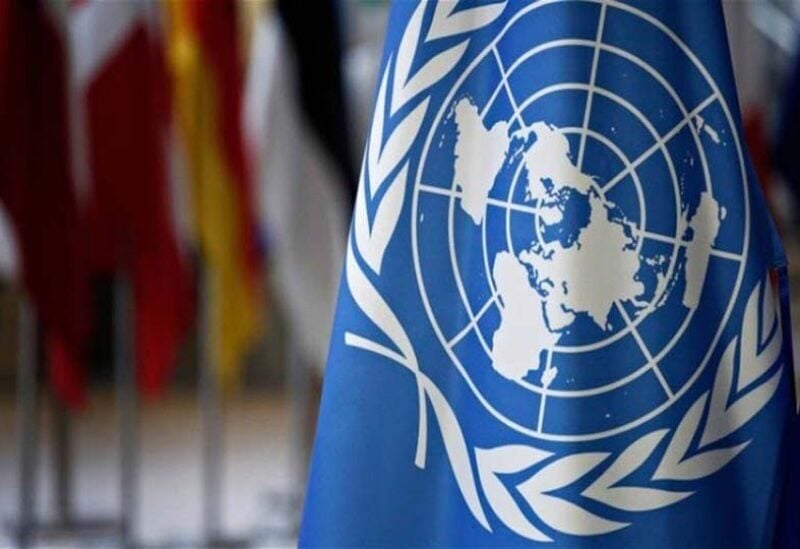
United Nations General Assembly
Lebanon’s position was in harmony with the United Nations General Assembly, where it voted alongside its resolution condemning Russia’s invasion of Ukraine. It also was consistent with the main statement of the Ministry of Foreign Affairs and Emigrants on its position on the Russian invasion.
Lebanon has received American and European praise for its stance. It is confirmed once again that Lebanon’s position was coordinated among officials and that the Minister of Foreign Affairs did not take a position on his own.
Diplomatic sources confirmed to Sawt Beirut International (SBI) that Lebanon can only vote against the Russian invasion, condemn Russia, and call for a peaceful solution with Ukraine, because it is one of the founders of the United Nations’ Charter, its political charter, and human rights. Therefore, it should be in harmony with itself and adhere to international legitimacy, which is the only one that protects small states, and this is a principle that Lebanon believes in and will not abandon it, and it will continue to defend it.
The sources also confirmed that Lebanon voted for the resolution, in compliance with the position of the Arab group at the United Nations, which voted in majority with the resolution’s issuance, especially the Kingdom of Saudi Arabia, the UAE, Jordan, Qatar, Tunisia, Bahrain, and Egypt.
The importance of the resolution issued by the United Nations General Assembly lies in the fact that the Security Council was the one who requested the General Assembly to issue a condemnation resolution against Russia, which is an advanced step, given that no resolution was issued by the General Assembly at the request of the Security Council except since 1982 and its subject at that time was Palestine.
However, the importance of the General Assembly resolution is that it is moral, and indicates the number of international votes opposing Russia in its invasion, which is 141 out of 193. This constitutes an international consensus against it, and an international referendum also on its unjustified war on Ukraine.
However, the international demand remains for implementing g the resolution, although it is not binding, contrary to the resolutions of the UN Security Council, which are binding, especially if they come under Chapter VII. It then uses force to impose its application.
There are precedents in the international call for implementing resolutions issued by the General Assembly, such as Resolution 194 on the right of return of Palestinian refugees to their state, which was issued after their loss of their state, and after the Arab efforts made within the framework of the internationally proposed solution, which was called the Palestinian and Israeli two-state solution to live side by side.
So, the constants that Lebanon adheres to, which are enshrined in accordance with the Charter of the United Nations, especially with regard to preventing the occupation of one state by another, constitute the protection of its sovereignty over its lands and its non-acceptance of occupation by another state. It is assumed that it should be followed in all international cases that occur in this field. The Charter of the United Nations is a protection for countries, especially smaller ones, with security and foreign political challenges and ambitions that come from the surrounding countries.
The sources indicated that some country representatives gave their speeches before the vote, while some countries, including Lebanon, whose ambassador to the United Nations, Amal Mudallali, delivered her speech after the vote to explain the reasons for this vote.
Mudallali said in her speech that the time has come for a political solution that preserves the rights of both parties, and that Lebanon is concerned about its fate as a result of what is happening in the Russian war against Europe, and as a result of the threat posed by the use of force in international relations.
In the speech, Mudallali called the states not to interfere in the affairs of other states, and for peaceful solutions to be achieved. She said: “Lebanon suffered from occupation and interference in its internal affairs as well as pain, and understands the meaning of war, so it made its decision to vote for the resolution…”